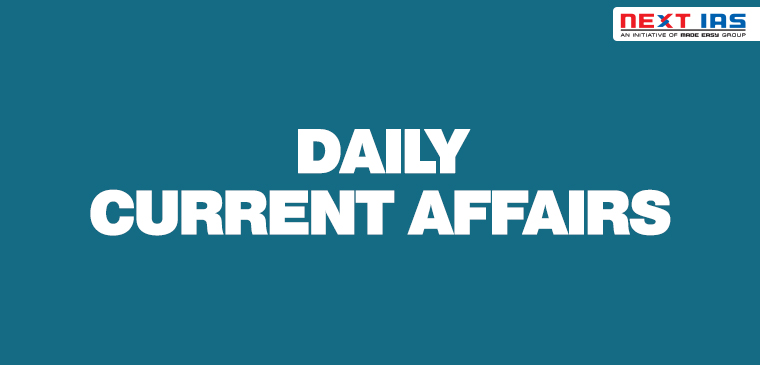
In News
Recently, the Border Security Force (BSF) and the Narcotics Control Bureau (NCB) have arrested two persons, including a Pakistani national, and seized 20.57 kg of heroin being smuggled in via Punjab.
|
About Drug Addiction
|
India and Drug Abuse
- According to a report by the United Nation Office on Drugs and Crime (UNODC), India is one of the major hubs of illicit drug trade ranging from age-old cannabis to newer prescription drugs like tramadol, and designer drugs like methamphetamine.
- The money from the drug trade is used to finance terrorism, human trafficking, illegal businesses etc.
- India lies in the middle of two major illicit opium production regions in the world, the Golden Crescent in the west and the Golden Triangle in the east which makes it a viable hub of the illicit drug trade.
- Golden Triangle: It includes the regions of Myanmar, Laos, and Thailand and is Southeast Asia’s main opium-producing region and one of the oldest narcotics supply routes to Europe and North America.
- Golden Crescent: It includes Afghanistan, Iran, and Pakistan and is a principal global site for opium production and distribution.
- Major Reasons for Drug Abuse
- Abuse of drugs among friends and peers
- Lack of social support
- Stress in life
- Low socioeconomic status
- Mental disorder such as depression
- Lack of friends in school or any social setting
- Traumatic events
- The economic downturn caused by the global pandemic may drive more people to substance abuse or leave them vulnerable to involvement in drug trafficking and related crime.
- Impacts
- It has aggravated the crime scenario in India.
- Persons dealing with narcotic drugs are instruments in causing the deaths of innocent and vulnerable victims.
- Other impacts like losing job, financial troubles, sexual abuse, accidents and injuries, legal consequences, etc.
Legal Provisions in India and World
- The Narcotic Drugs and Psychotropic Substances Act, 1985 (NDPS Act)
- It outlaws the recreational use of cannabis.
- Under the Act, the production, manufacture, possession, sale, purchase, transport, and use of cannabis is a punishable offence.
- The NDPS Act, however, does not apply to the leaves and seeds of cannabis plants.
- In case the CBD is extracted from the leaves of the cannabis, then technically it is not illegal.
- CBD oil manufactured under a licence issued by the Drugs and Cosmetics Act, 1940 can be legally used.
- The Narcotics Control Bureau (NCB)
- It is vested with the power to charge individuals in cases related to the illegal use and supply of narcotics.
- India is a signatory to various international drug-related UN conventions and the responsibility of implementation of the provision of these international conventions also lies with NCB.
- The UN Commission on Narcotic Drugs (CND)
- It is the central policy-making body for the UN drug control system, which meets on an annual basis
- The Vienna-based CND was founded in 1946.
- It is to decide on the scope of control of substances by placing them in the schedules of global drug control conventions.
Previous article
Vaccine Nationalism
Next article
Facts in News